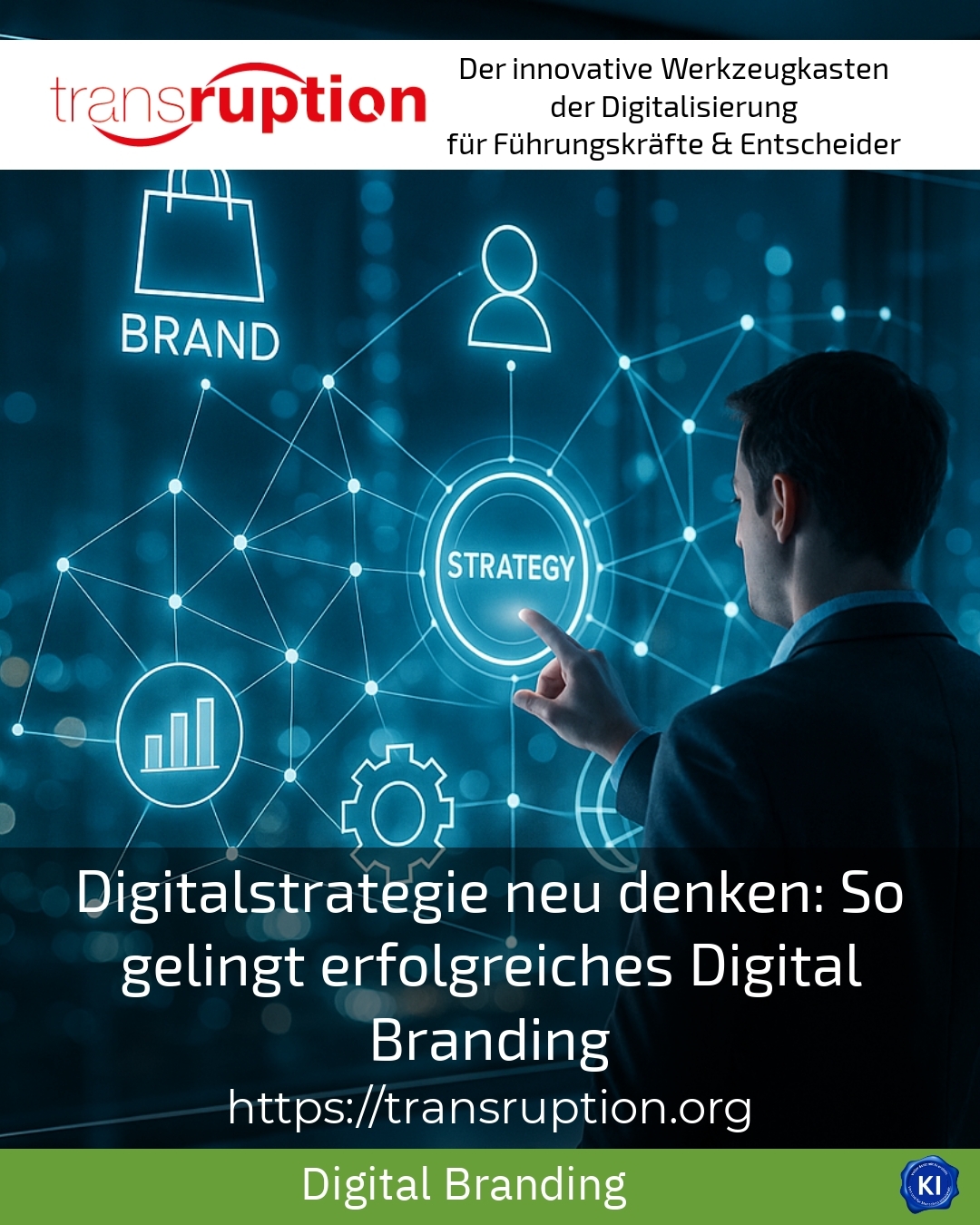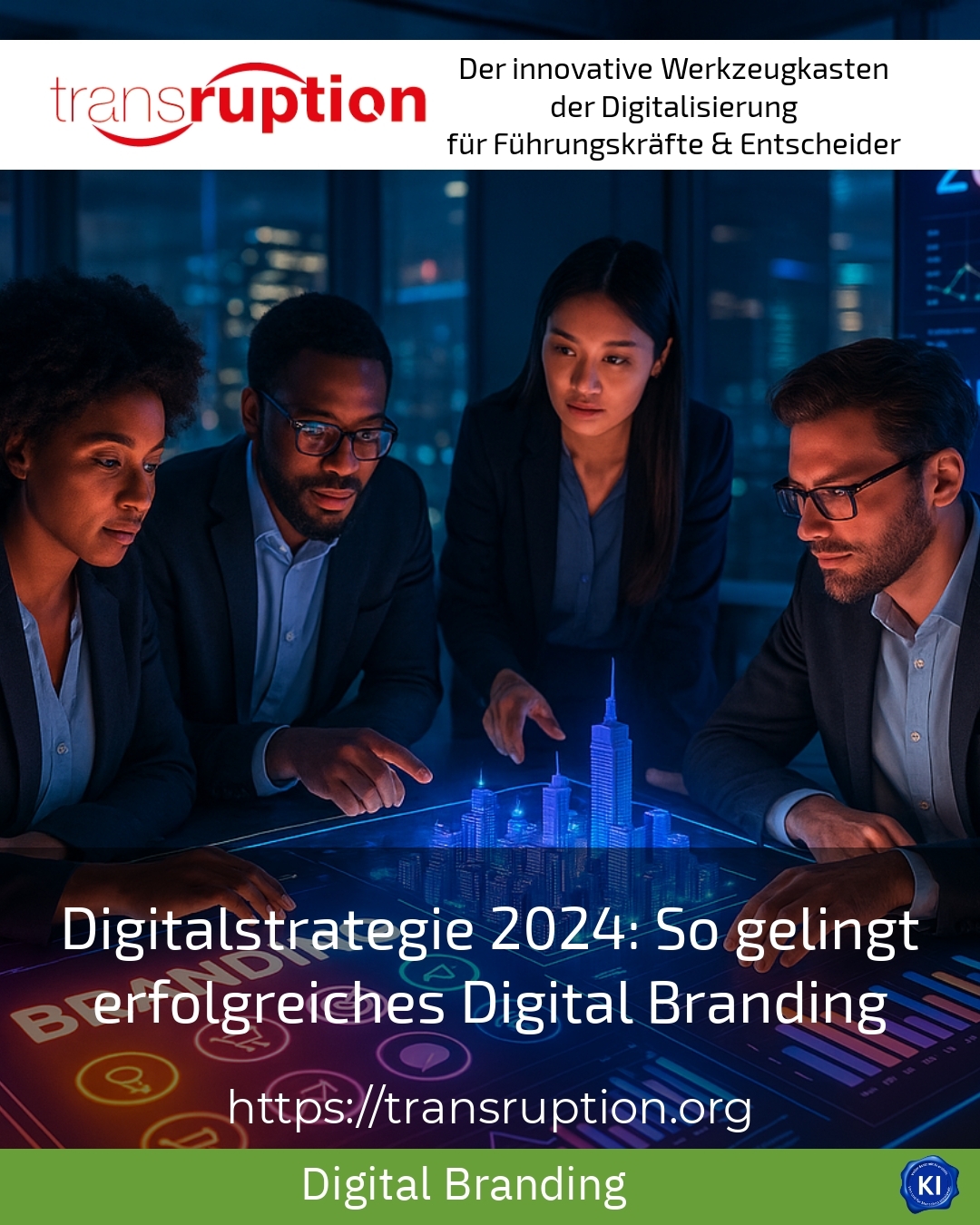Clever management of cookie consent is essential for all decision-makers in the digital world today. Anyone involved in projects relating to digital services and user experiences knows the many requirements and challenges associated with this topic. Cookie consent is not only a legal necessity, but also a central building block for trustworthy and sustainable online communication.
Changing cookie consent: What decision-makers need to know now
The legal situation regarding cookie consent has changed significantly in recent years. Since December 2021, the Telecommunications Telemedia Data Protection Act (TDDDG), which regulates cookie consent in a binding manner and requires the active, informed consent of users, has formed the main basis for this. It should be noted in particular that only technically necessary cookies may be set without consent, for example to store language settings or login data in the shopping basket[1][3].
For all tracking, analysis and advertising cookies, however, the so-called opt-in solution is mandatory. Users must actively give their consent and must not be forced to give their consent by ticking a box in advance or by clicking „Continue browsing“. This legal requirement ensures that cookie consent is truly voluntary and transparent[3][6].
Decision-makers should keep a close eye on these developments, as new consent management services are to be legally recognised from April 2025. Such centralised consent tools will allow users to store their preferences once centrally and apply them automatically to different websites. This will make cookie consent management much more user-friendly and consistent, which can also increase acceptance in the long term[2].
Practical examples from the field - How cookie consent is designed
In the field of e-commerce, companies are increasingly relying on differentiated cookie banners that allow users to accept or reject individual cookie categories. For example, a large online retailer gives its customers the choice of only accepting functional cookies or activating additional marketing cookies in order to receive personalised offers.
Media platforms also integrate cookie consent in a health-conscious way: they provide clear information about the type of cookies and their storage time. This transparency promotes the trust of users, who often report that they are more likely to decide in favour of consent if they understand exactly why and for what purpose their data is being used.
Security is a major issue in the financial sector. Banks and insurance companies ensure that cookie consent not only fulfils data protection regulations, but is also designed to match the high sensitivity of customer data. They often use consent tools that are regularly checked and adapted to the current legal status.
BEST PRACTICE with a customer (name hidden due to NDA contract): An international IT solutions provider introduced a centralised consent management service that controls cookie consent platform-wide. This improved compliance and at the same time enhanced the user experience thanks to personalised content.
Tips for decision-makers: cleverly manage cookie consent
1. transparent communication is essential: explain clearly and comprehensibly which cookies are used and for what reason. This supports a conscious decision on the part of the user.
2. use flexible consent tools that allow you to customise cookie preferences. This prevents unnecessary rejections and increases acceptance because users are not pressurised into giving their overall consent.
3. keep up to date with legal changes, such as the new Consent Management Regulation, and regularly check whether your cookie consent meets current standards.
4. offer users an equally easy way to withdraw their cookie consent. This is not only required by law, but also signals respect and trust.
Cookie consent as a strategic success factor
Cookie consent is often seen as a chore. However, it offers many opportunities to inform users in a targeted manner and to enter into a transparent dialogue with them. Decision-makers who take a strategic approach to cookie consent not only create legal certainty, but can also positively influence the user experience.
As part of projects, iROI-Coaching provides targeted support in finding effective solutions for cookie consent. The support includes both technical realisation and the development of target-oriented communication strategies. This results in customer-orientated solutions that meet the legal requirements and at the same time improve the return on investment.
BEST PRACTICE with a customer (name hidden due to NDA contract): For a company in the online services sector, iROI-Coaching developed a customised cookie management solution that covers several languages and country regulations. This led to a clear increase in user acceptance and at the same time to legally compliant handling of cookie consent.
Marketing agencies are also realising that actively shaping cookie consent forms the basis for reliable tracking and targeted campaigns. Only with genuine and informed cookie consent can they obtain reliable data that is necessary for flexible control of advertising measures.
My analysis
Cookie consent today is a complex area that brings together legal, technical and human aspects. Decision-makers should focus on transparent, user-friendly processes and recognise the opportunities of this regulation as a communication tool. The implementation of modern consent management systems will become even more important as new regulations prescribe centralised services that efficiently manage user preferences.
Those who support projects relating to cookie consent benefit from a clear competitive advantage because trust on the user side increases and compliance is guaranteed at the same time. iROI-Coaching offers comprehensive support and practical assistance in this regard.
Further links from the text above:
EU Cookie Directive | What applies in Germany? - IONOS
New consent regulation from April: cookie banners soon obsolete?
EU Cookie Directive in Germany: Which rules apply?
What is a cookie banner? GDPR-compliant setup
The ultimate cookie guide - practical tips, TDDDG & DSGVO ...
Implementing the information obligation for cookies in a legally compliant manner - eRecht24
Cookies | Protecting privacy on the Internet - Your Europe
Cookie banner - BfDI - Bund.de
For more information and if you have any questions, please contact Contact us or read more blog posts on the topic internet Return on Investment - Marketing here.
















